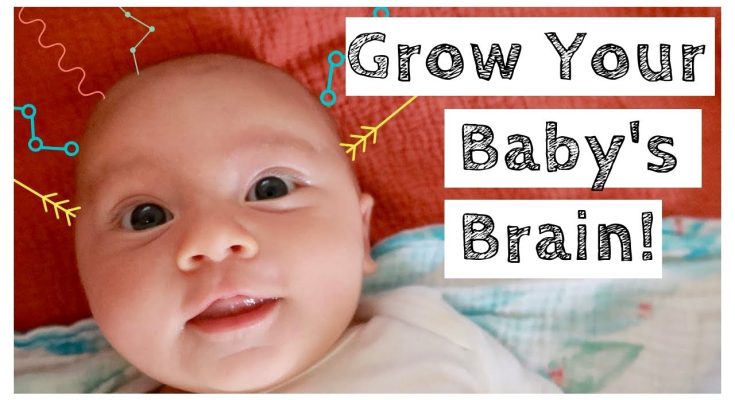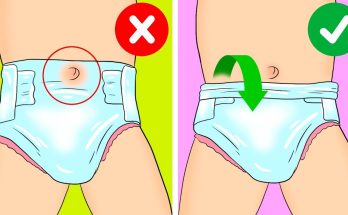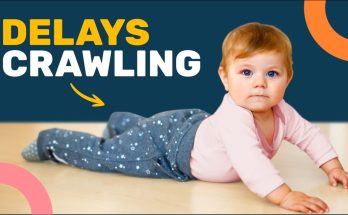When you think of play, you probably picture toddlers running around, building blocks, or playing peekaboo. But what about a newborn? At 0–3 months old, your baby may seem too small to “play,” but this is actually a critical time for bonding, brain development, and sensory exploration.
Play at this stage doesn’t involve toys with flashing lights or complicated activities. Instead, it’s about simple, gentle interactions that help your baby connect with you and the world around them. Here’s how you can engage your newborn through meaningful, age-appropriate play during the first three months of life.
1. Why Play Matters from Day One
Even in the earliest weeks, your baby is soaking up the world like a sponge. Their brain is developing rapidly, forming new neural connections through every sound, touch, and movement. Play is how they begin to understand cause and effect, develop motor skills, and bond emotionally with you.
At this age, play is not about entertainment—it’s about connection and growth.
2. Follow the Baby’s Lead
Newborns can’t stay alert for long. In the first 8–12 weeks, they’ll only be awake in short bursts—often just 45 minutes to an hour at a time, including feeding. Within that window, you may have just 5–15 minutes where your baby is calm and alert enough to interact.
Watch for cues that your baby is ready to play:
-
Eyes wide open and looking around
-
Arms and legs moving gently
-
Quiet alert state (not fussing or yawning)
If your baby turns their head away, fusses, or starts to cry, they may be overstimulated or tired. That’s your signal to stop and try again later.
3. Top Play Ideas for 0–3 Months
Here are simple, developmentally appropriate ways to play with your newborn in their first few months:
A. Face-to-Face Time
Your baby loves your face—and it’s the best toy you have. Hold them close and make eye contact. Stick out your tongue slowly, smile, or make gentle sounds. At around 6–8 weeks, your baby may start smiling back!
Why it matters: Builds social skills, bonding, and visual tracking.
B. Tummy Time
Place your baby on their tummy for a few minutes a few times a day while they’re awake and supervised. Use a rolled towel under their chest or lie down facing them to make it fun.
Why it matters: Strengthens neck, shoulder, and core muscles for rolling and crawling later.
C. Gentle Massage
After a bath or diaper change, try giving your baby a gentle massage using baby-safe lotion or oil. Talk softly as you rub their arms, legs, and tummy.
Why it matters: Supports digestion, body awareness, and parent-baby bonding.
D. High-Contrast Visuals
Newborns can’t see in full color yet. They’re most drawn to high-contrast patterns like black and white. Use simple flashcards, board books, or patterned blankets. Hold them about 8–12 inches from their face for best results.
Why it matters: Stimulates visual development and attention span.
E. Sound Exploration
Use rattles, soft music, or your voice to introduce sound. Sing lullabies, hum, or shake a soft toy near one ear and then the other to see if your baby turns their head.
Why it matters: Builds auditory processing and early language skills.
F. Talking and Narrating
Even though they can’t talk back, babies benefit immensely from hearing your voice. Describe what you’re doing, what’s happening around you, or read books aloud.
Why it matters: Supports language development and emotional connection.
4. Simple Toys That Work Wonders
You don’t need fancy toys for a 0–3 month old. In fact, some of the best tools for play are everyday objects and your own voice. However, here are a few baby-safe items you might consider:
-
Black-and-white flashcards or books
-
Baby-safe mirror (babies love faces)
-
Soft rattles or crinkle toys
-
Tummy time mats with simple hanging toys
-
Music or lullaby playlists
Rotate toys to keep things interesting, and always supervise during play.
5. Keep Expectations Gentle
Your newborn isn’t going to giggle uncontrollably or play for an hour straight. Most of your “playtime” will be brief moments of eye contact, touch, and gentle talking. That’s okay—these tiny moments build the foundation for all future development.
Don’t worry if your baby doesn’t respond right away. Every baby develops at their own pace. What matters most is being present and attuned.



